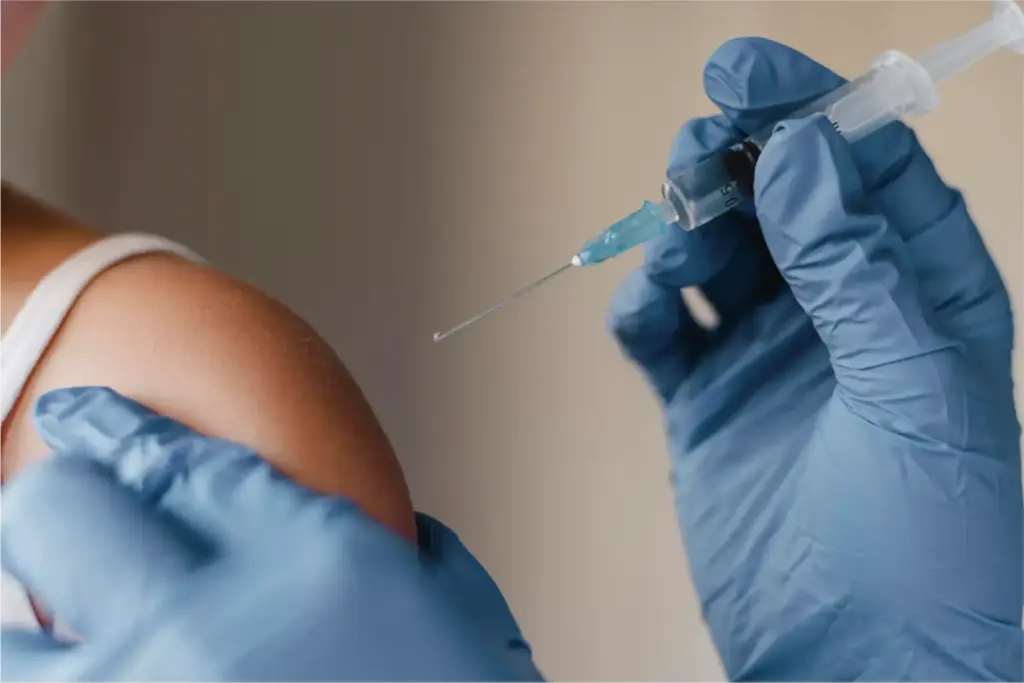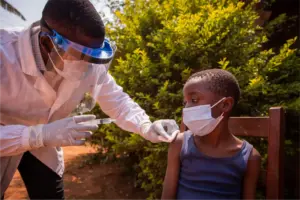
US Covid vaccine: The US Centers for Disease Control and Prevention has dropped its blanket recommendation that all Americans receive COVID-19 vaccinations, instead endorsing a “shared clinical decision-making” approach that leaves the choice to patients in consultation with their health providers.
The move follows votes last month by a newly appointed vaccine advisory panel and marks a significant change from prior guidance that encouraged annual boosters for everyone 6 months and older.
Also Read | Kennedy Jr. opposes UN plan on non-communicable diseases, citing ‘gender ideology’
The policy shift aligns with recommendations advanced by Health Secretary Robert F. Kennedy Jr.’s revamped advisory group, which replaced the CDC’s previous panel earlier this year. Under the new framework, clinicians are urged to discuss risks and benefits with patients, with particular attention to people 65 and older and those at higher risk for severe disease. CDC officials said the change is intended to emphasise individualised counsel; the agency’s acting director, Deputy HHS Secretary Jim O’Neill, described the update as a return to “informed consent.”
Major medical societies continue to recommend COVID-19 vaccination for young children, pregnant people, and other high-risk groups, warning that rare side effects should be weighed against the dangers of infection. The Food and Drug Administration’s updated shots remain available, and insurers will continue to cover them; distribution can also occur through the federal Vaccines for Children program, officials said.
In a separate change, the CDC endorsed giving toddlers their first chickenpox (varicella) dose as a standalone vaccine rather than in the four-in-one MMRV combination, citing a higher risk of fevers and fever-related seizures with the combined shot at the first dose. The preference for separate shots had been in place as guidance since 2009; Monday’s action formalises the standalone approach for initial immunisation.








